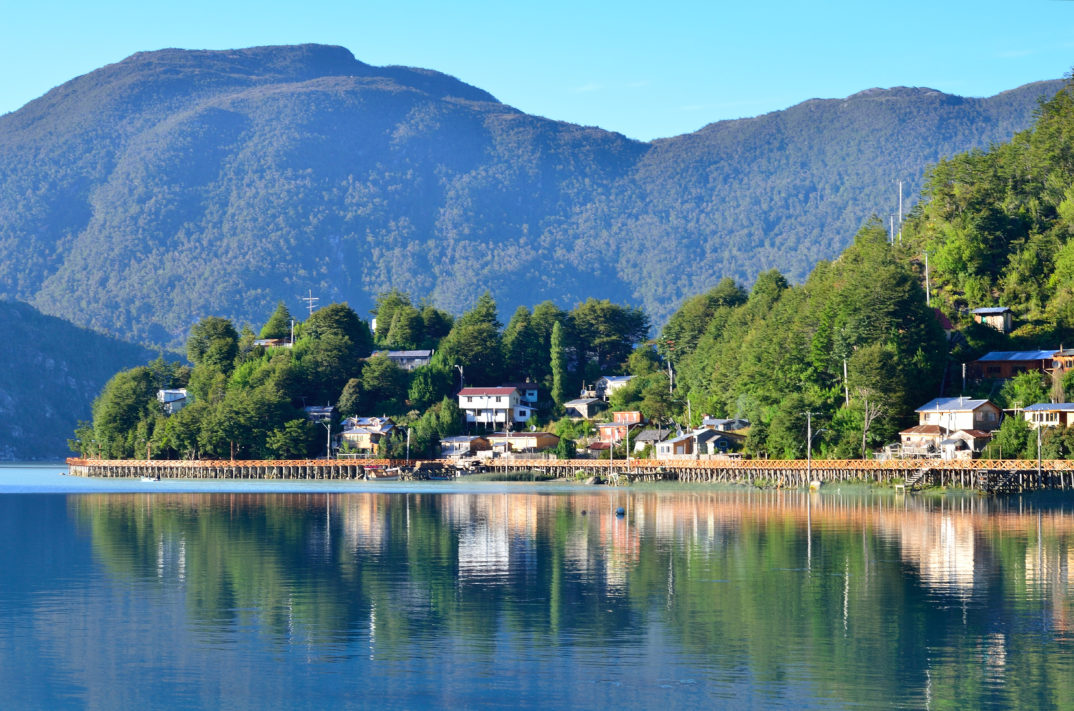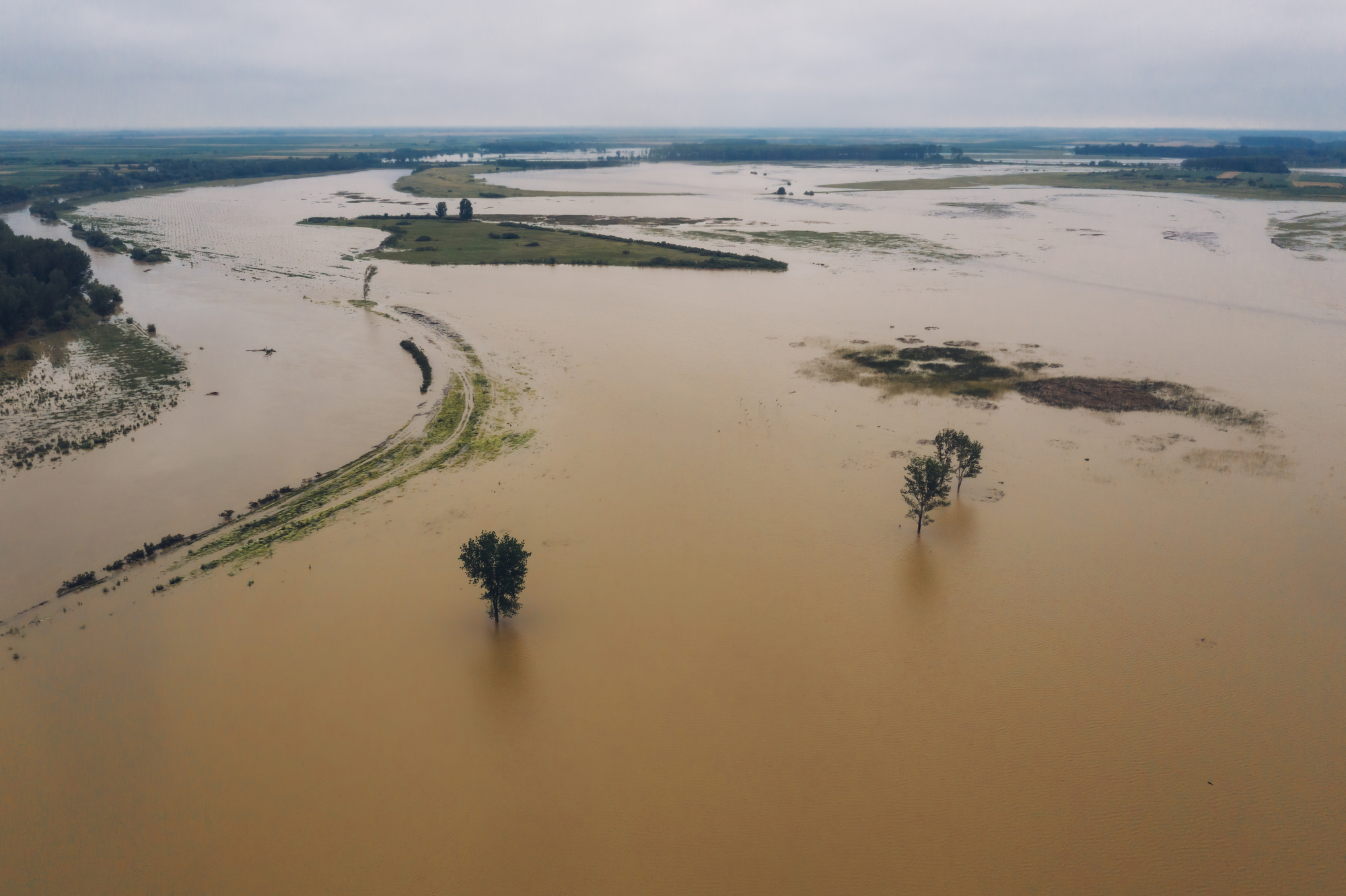Who and What is a Person: Chile Rivers

In Chile, rivers are being dammed at an increasing rate. Activist citizens including authors, indigenous peoples, and environmental activist groups such as the Chilean free-flowing rivers network are advocating for granting special standing to rivers that would make such development more difficult. If rivers had the legal standing of “personhood”, they would have protections under the law similar to those of human citizens, with a higher burden of justification if corporations attempted to interfere with them.
Persons, such as members of society, are naturally contrasted with property, such as tables. Persons are subjects that should not be treated any way we choose, whereas property are objects, without intrinsic rights, dignity or worth. In this way, we use “personhood” to note a status in societies that marks an individual as something that is of worth, deserving of some sorts of treatment and not deserving of others. For example, many ethical theories attempt to capture the rightness or wrongness of actions based on the way the action affects individuals that have moral worth or dignity. Adult humans typically are considered to have moral standing – insofar as you are a human, it isn’t appropriate to interfere with you or harm you without justification. This distinguishes humans from, say, tables, which you can destroy at your leisure (as long as doing so doesn’t disrespect someone with moral standing, say, because it was their table). Humans (perhaps with some exceptions) are not just a biological category; they are a socially and morally relevant class: persons.
In New Zealand, the Te Urewera Act granted the park of the same name the same rights as a legal person in 2014. Colombia and India have also moved in the direction of granting more legal rights to the environment in attempts to shift perspective on the non-human world away from treating non-humans like property.
Activists have pressed on the notion of personhood to be more inclusive of non-human animals for years. In Alaska and Illinois, the well-being of pets is now a critical factor in determining custody in divorce hearings, using custody of children as a model. Behind this shift is the consideration that pets have interests in the first place – that they are sentient and can be harmed in a way that matters: in a way that mere property cannot. In July of 2017, the ADLF attempted to get a tiger recognized as an individual under the law. A court in Argentina granted a writ of habeas corpus for an orangutan named Sandra in 2014.
Granting the rights or standing of personhood to other non-human parts of the environment can be seen as more radical, as the question of “sentience” does not arise. Organisms or ecosystems that do no experience harm raise different questions for standing than non-human animals. Moral systems that focus on harm being experienced, therefore, have a difficult time granting features of the environment and ecosystems moral standing or legal protections that persons enjoy.
However, some moral systems so not depend on experienced harm. For instance, someone could be harmed without ever realizing it, making the harm unexperienced. If this is how we can conceive of harm done to rivers and ecosystems, then we can bring them into the domain of the morally relevant. Some moral systems ground the morally relevant on things that have dignity and intrinsic worth. The awe-inspiring and enduring complexity of ecosystems can seem like appropriate subjects of such qualities. Another way that non-human, non-sentient aspects of the environment can be granted rights or status is indirectly – in virtue of their relations to subjects that are more universally granted such rights. For instance, the relationship that human persons have towards rivers and ecosystems means that they are valuable and should not be interfered with unless a high bar of justification is met.
The trajectory has been set internationally of being more inclusive regarding our moral community. Humans are not the only beings in the world that are subjects of moral concern, and therefore legal concern. (Interestingly, corporations have also come under similar consideration.) A final consideration may be that the positive impact of protecting the rivers of Chile may justify treating rivers as persons, regardless of your moral view.




